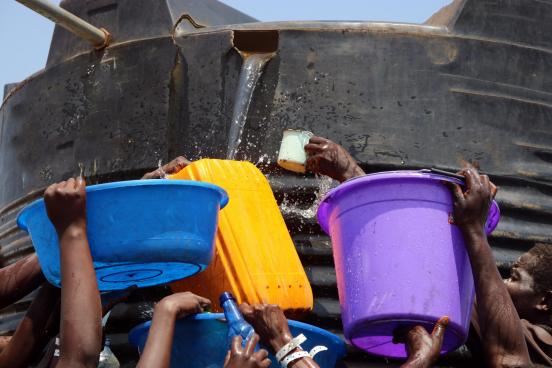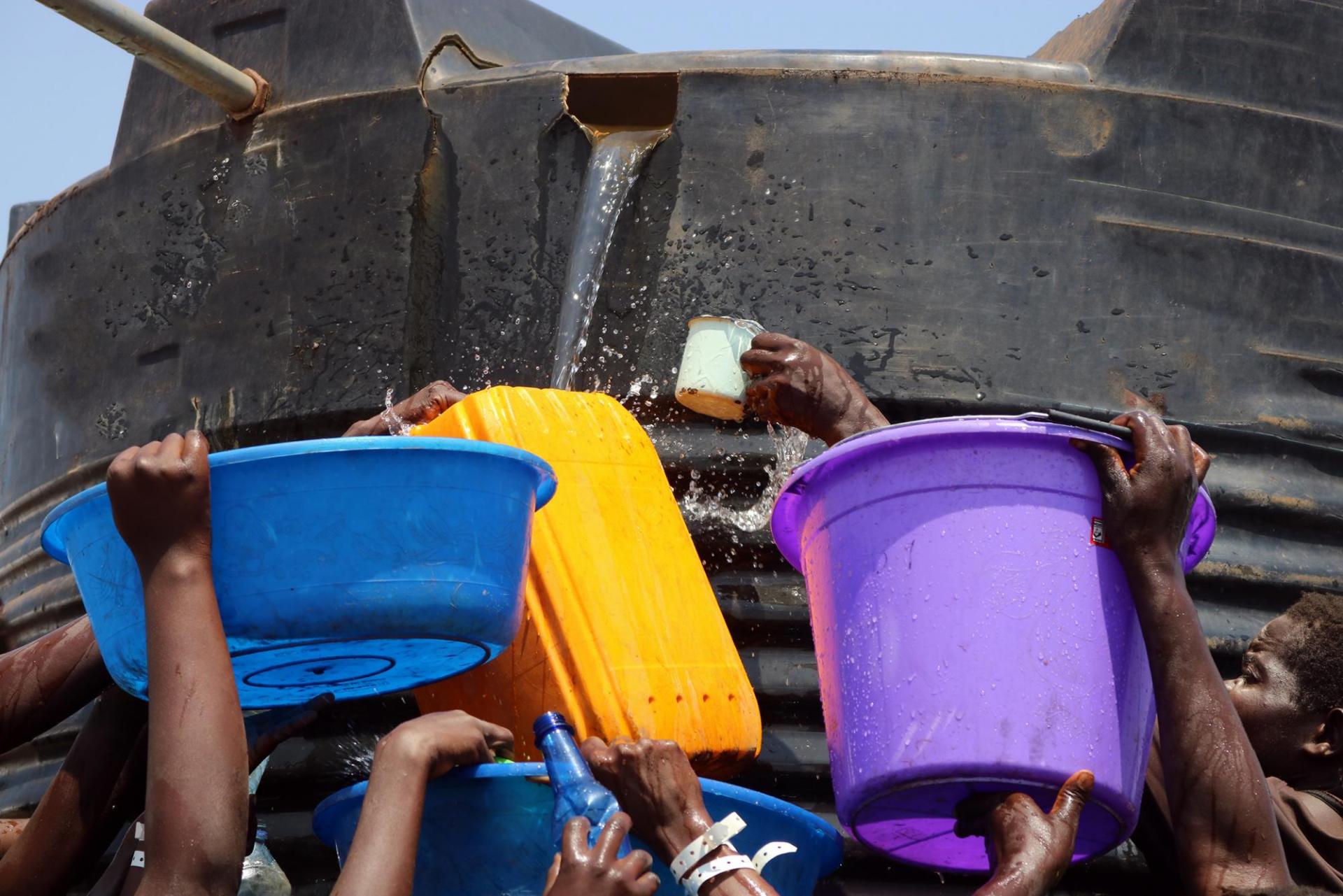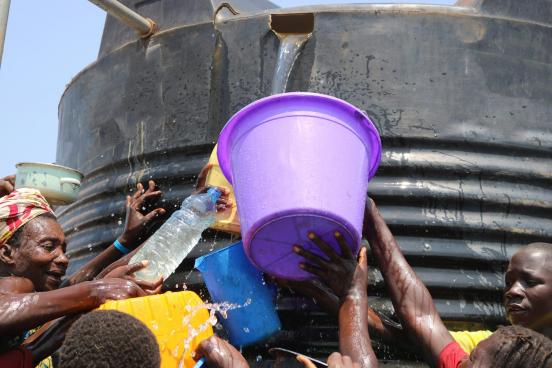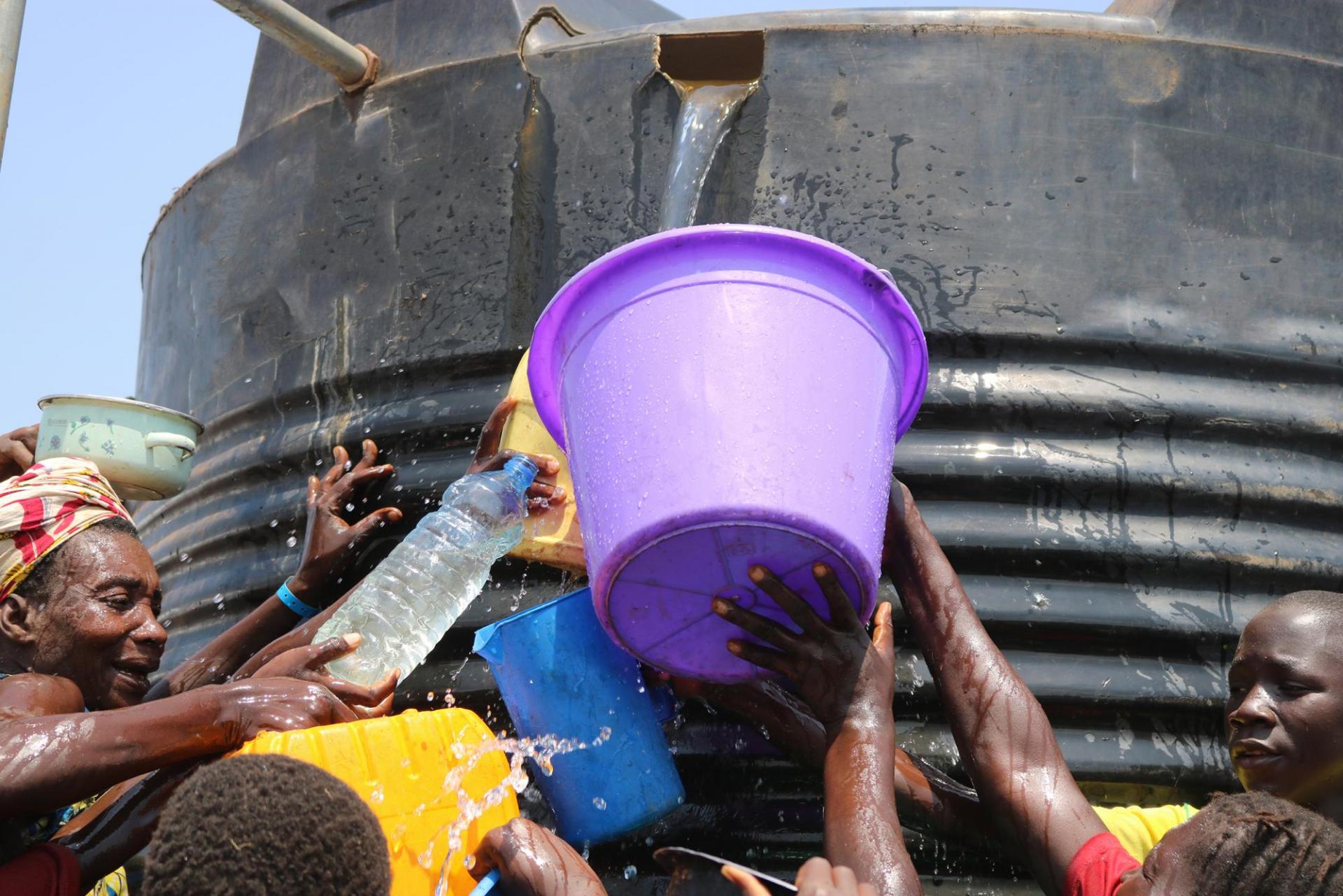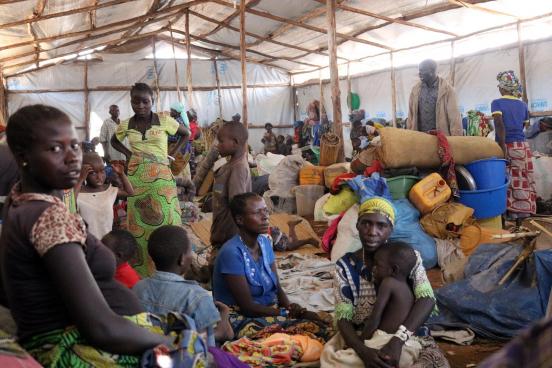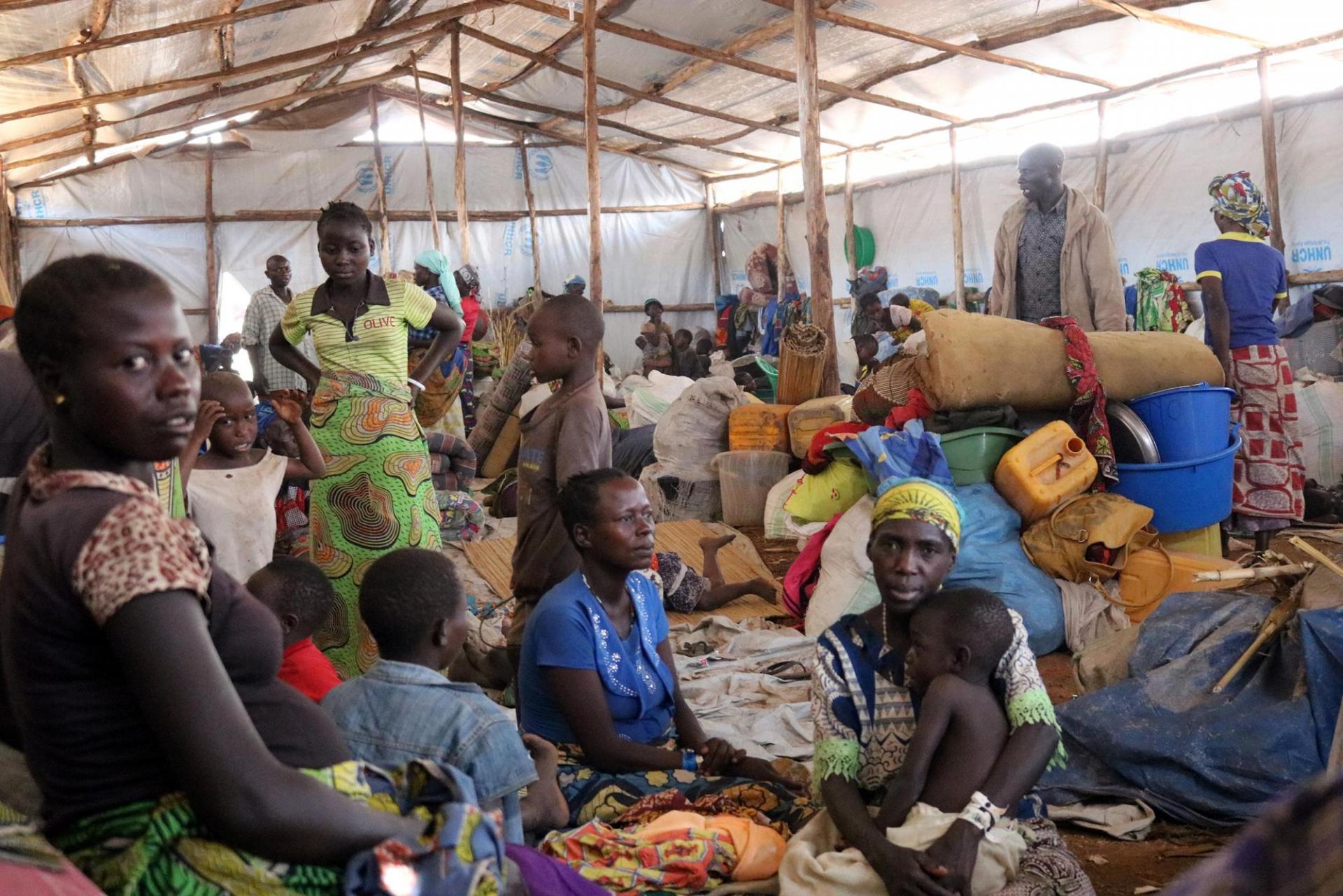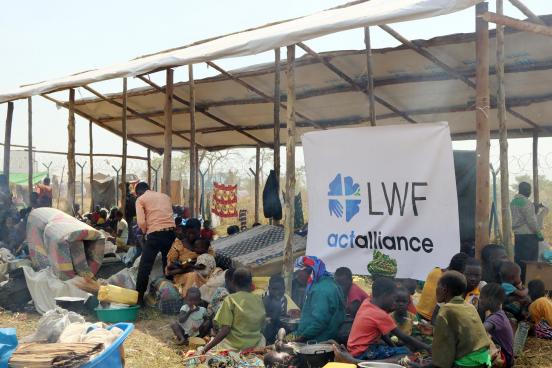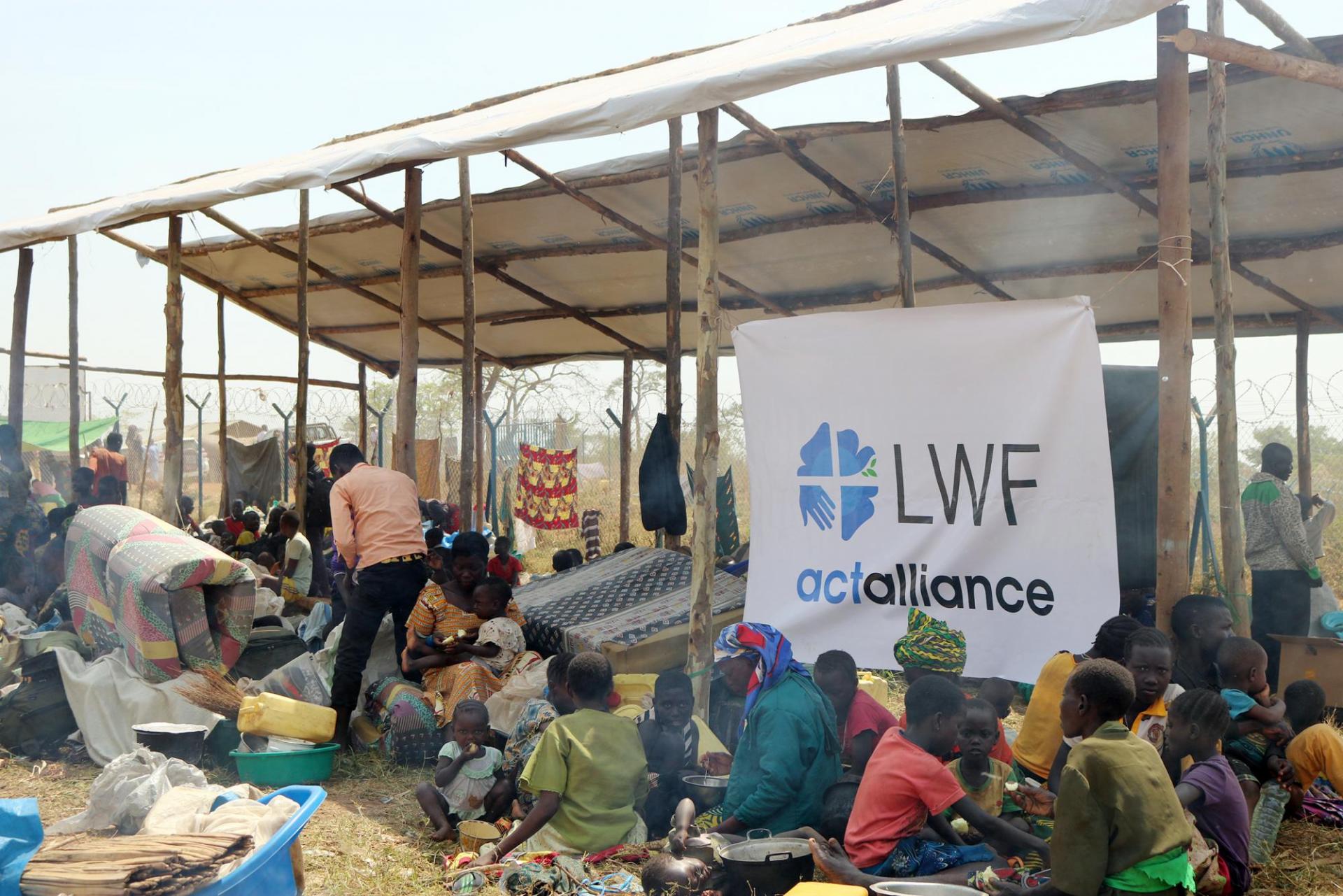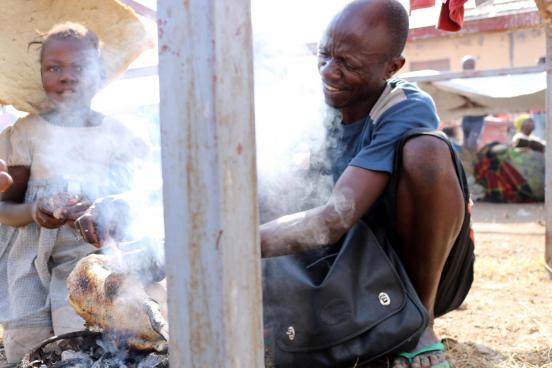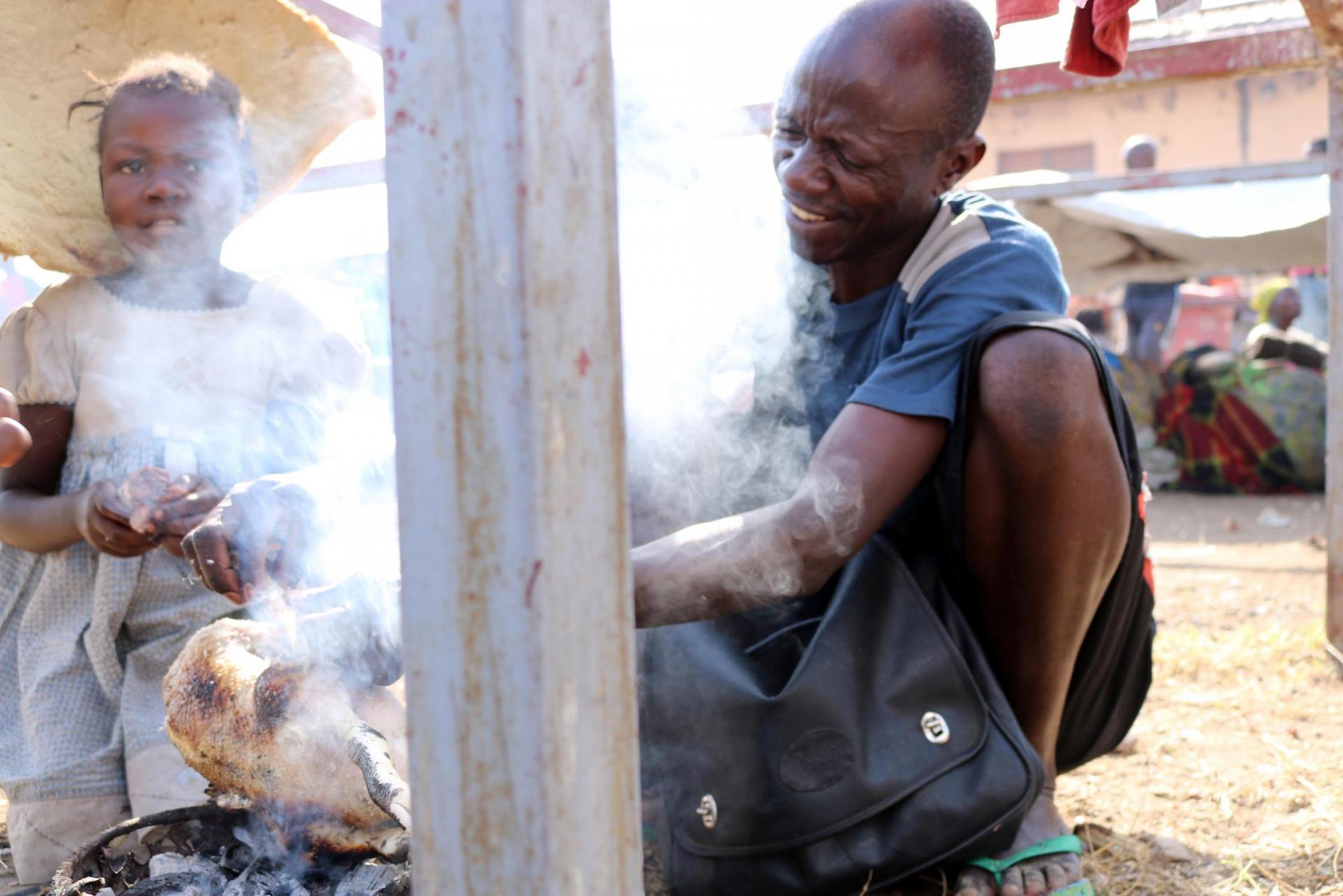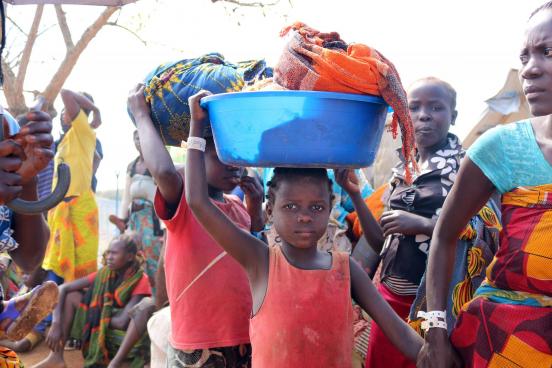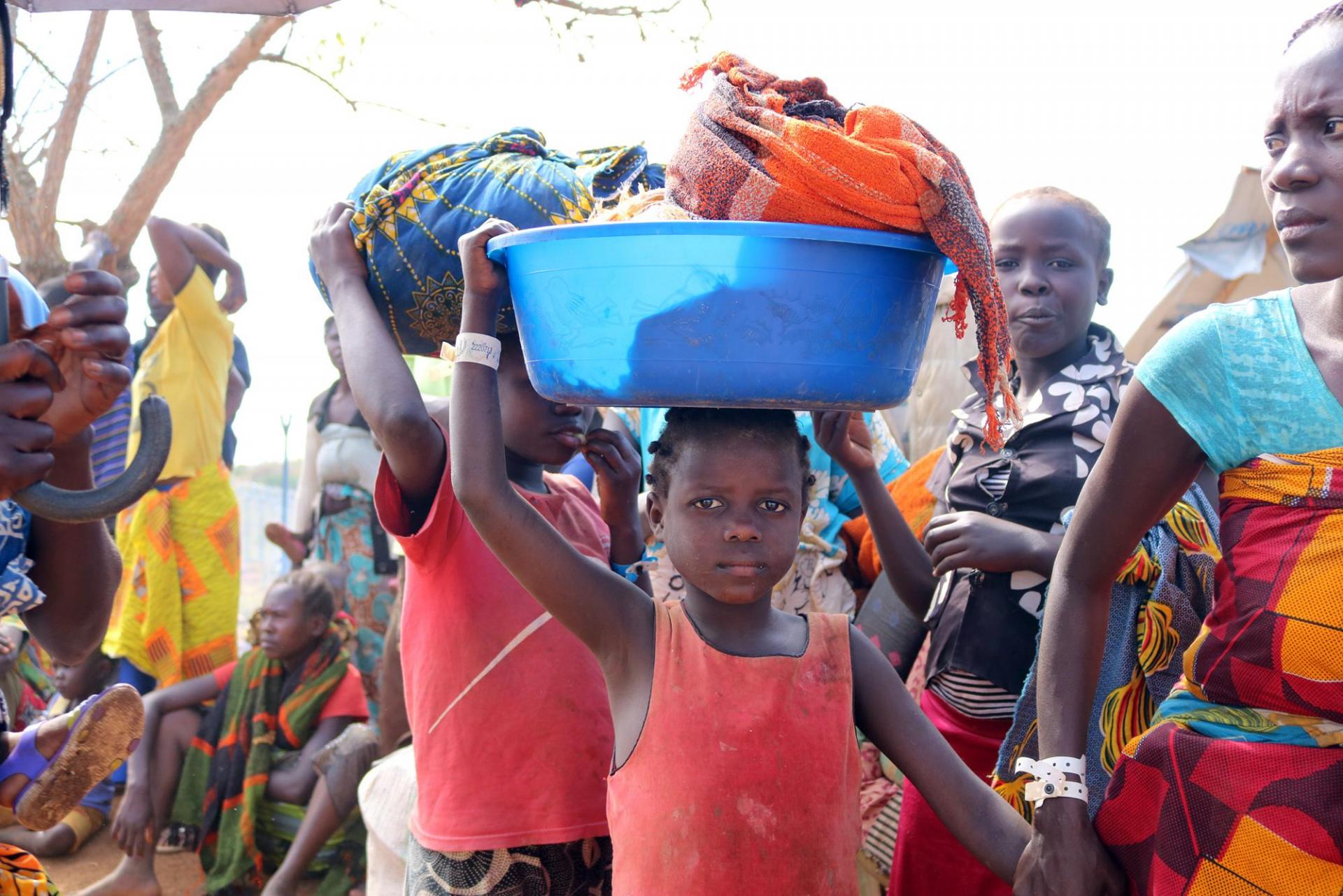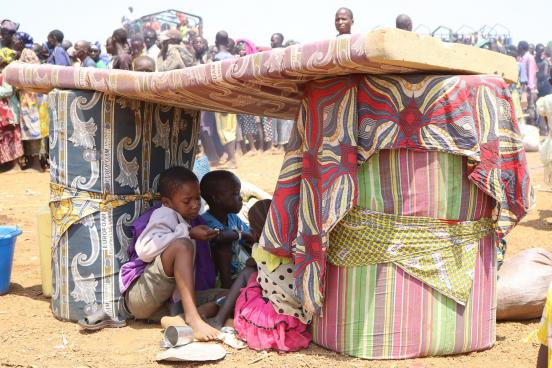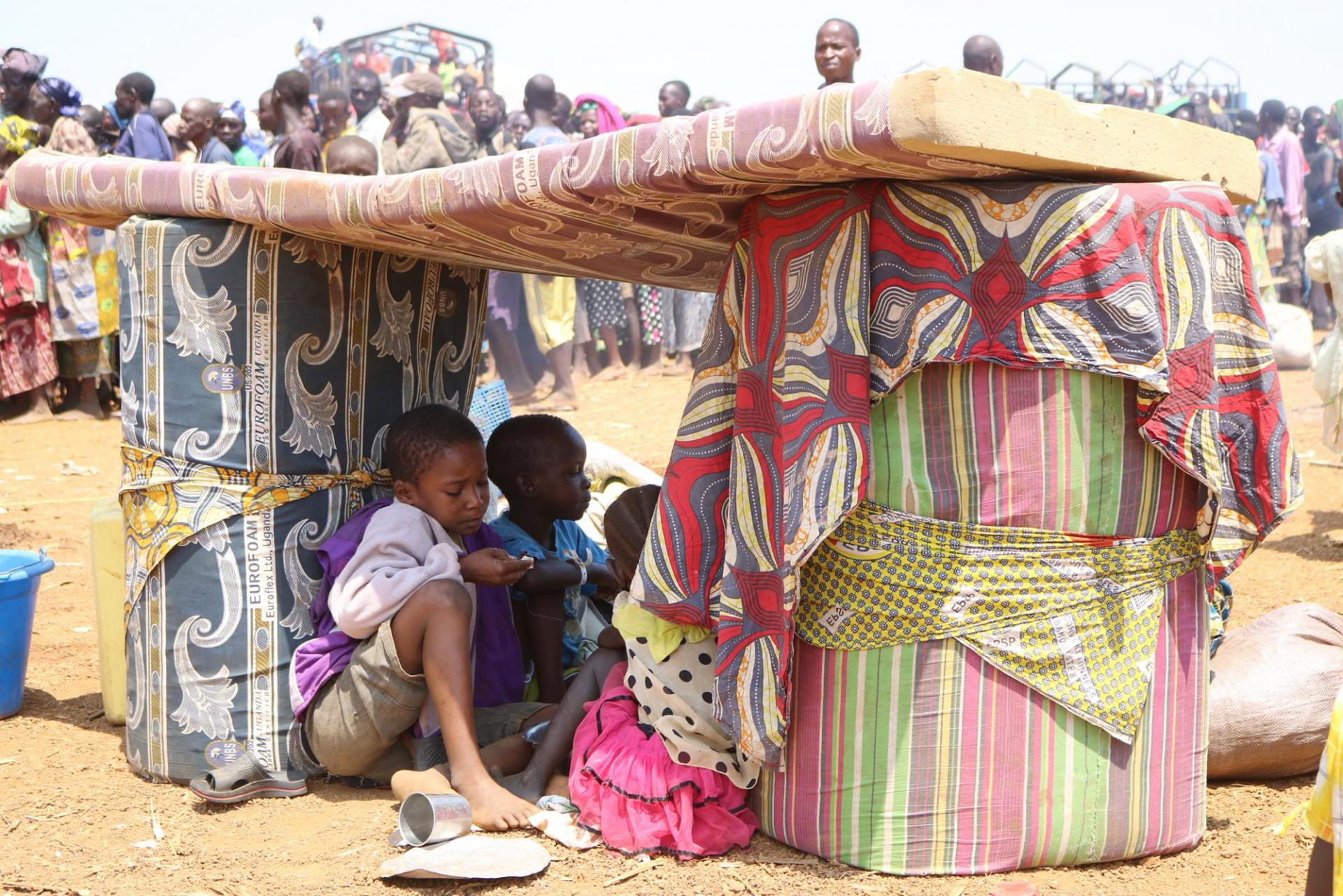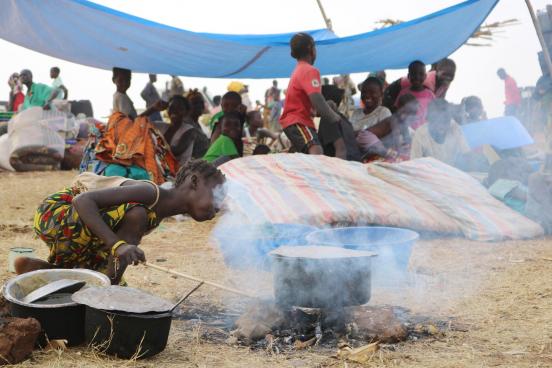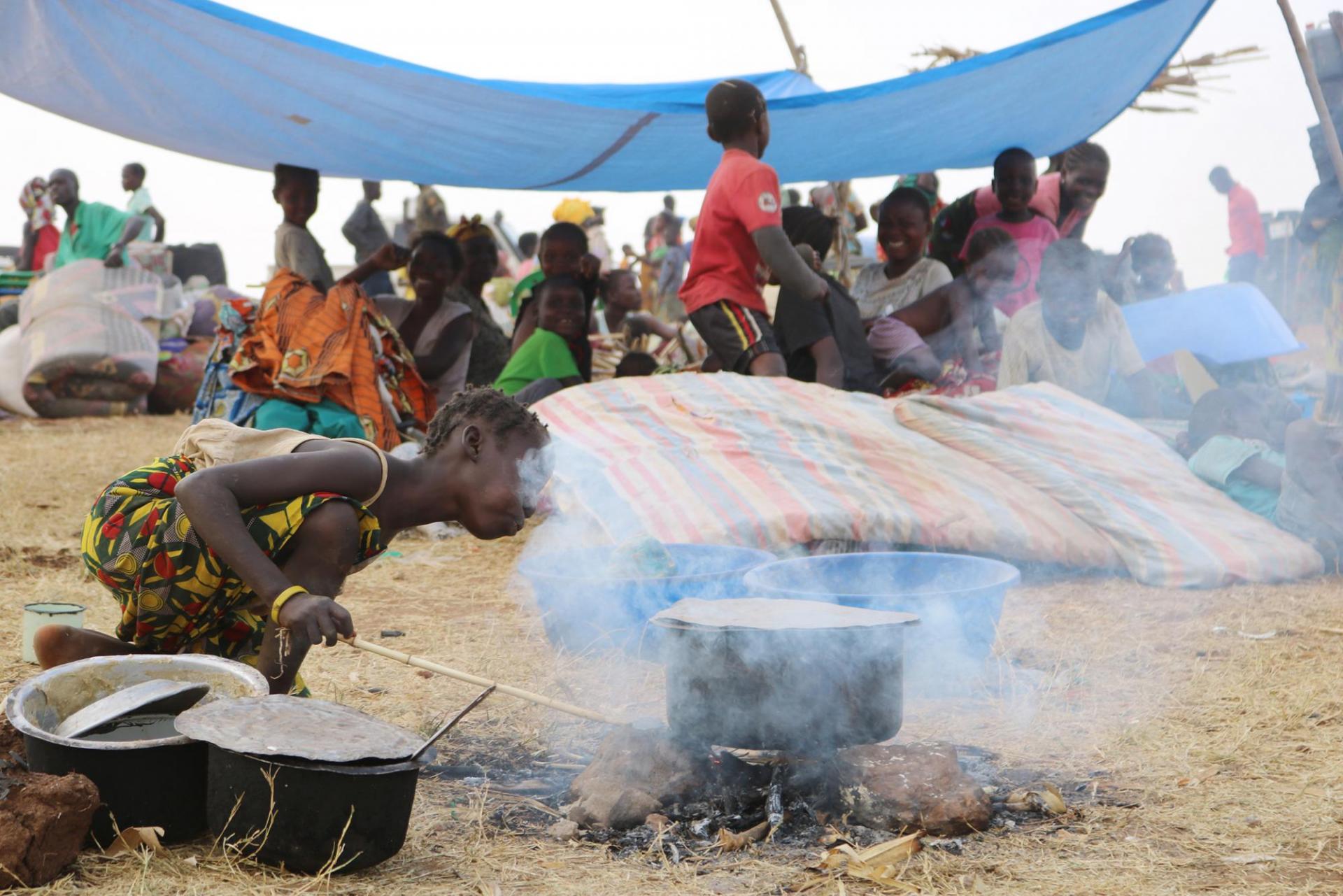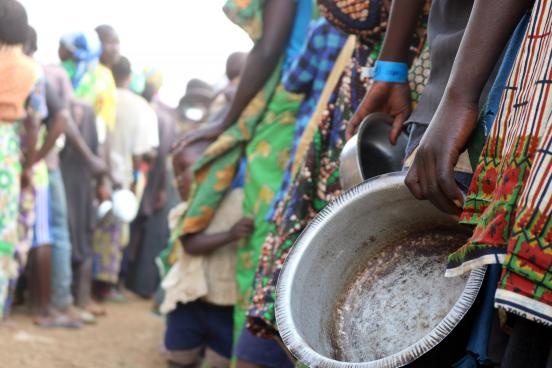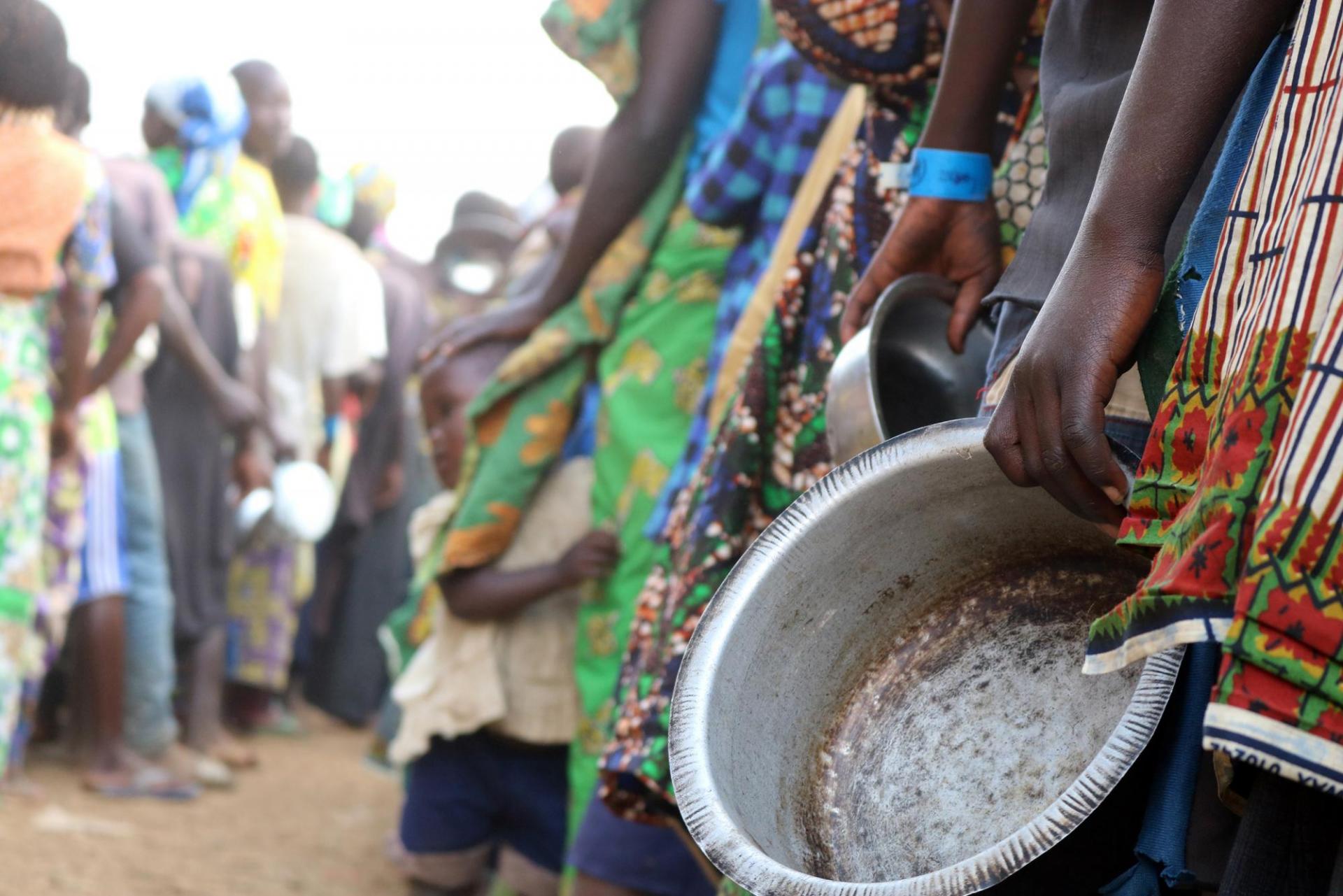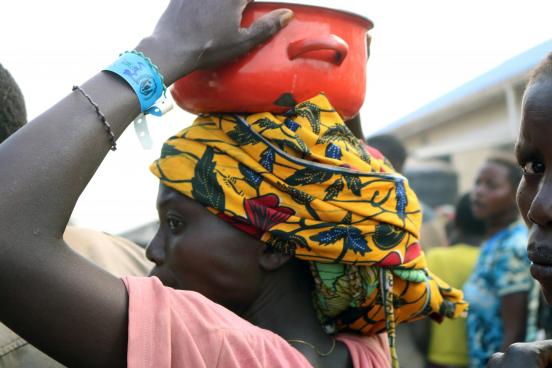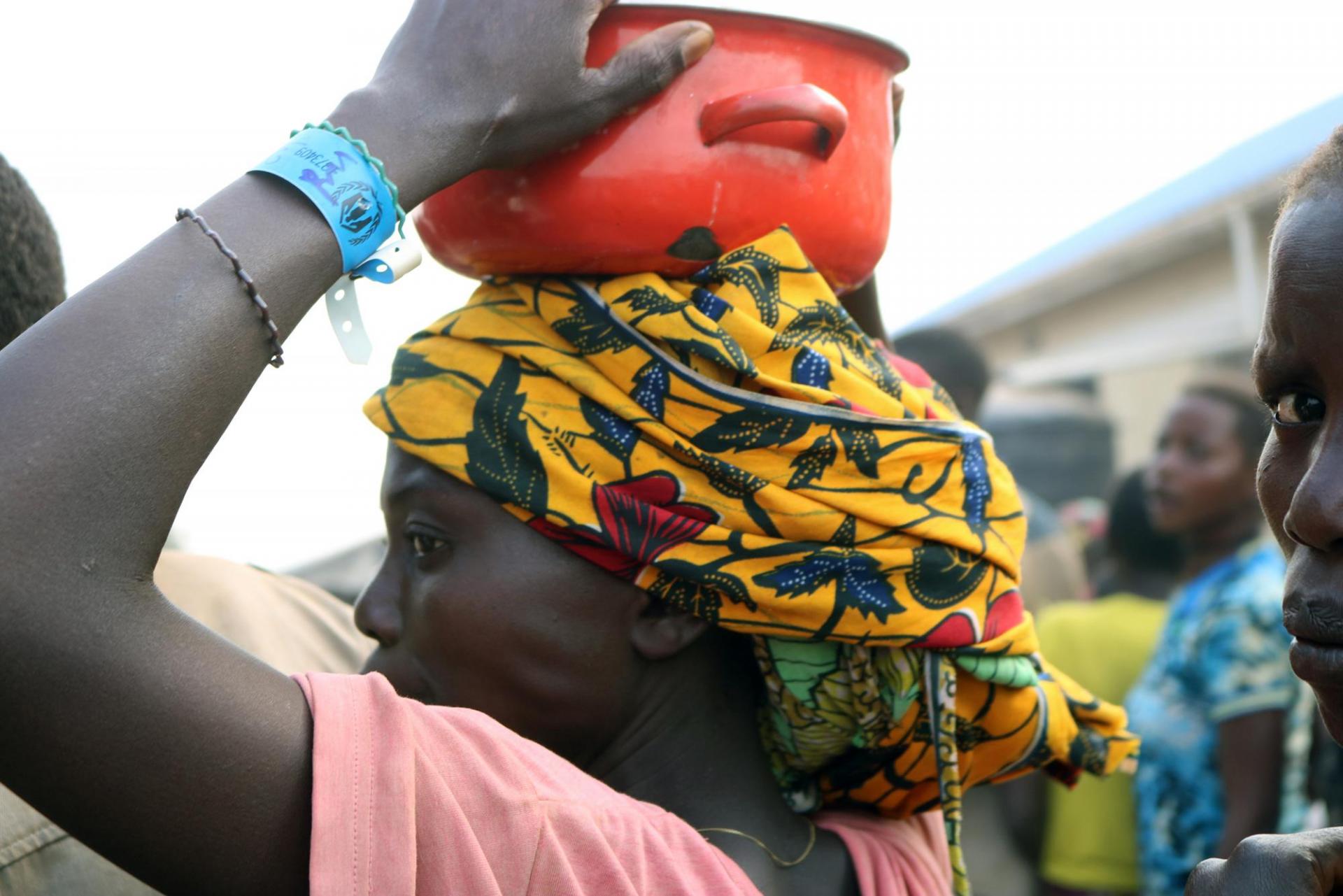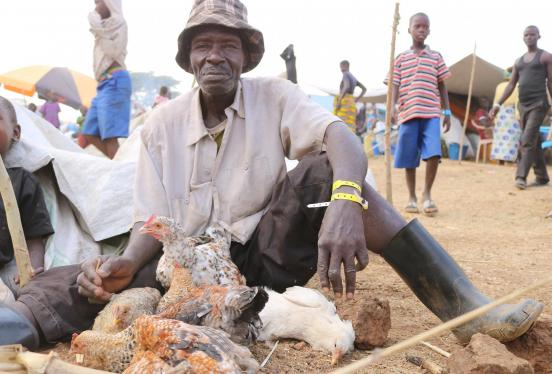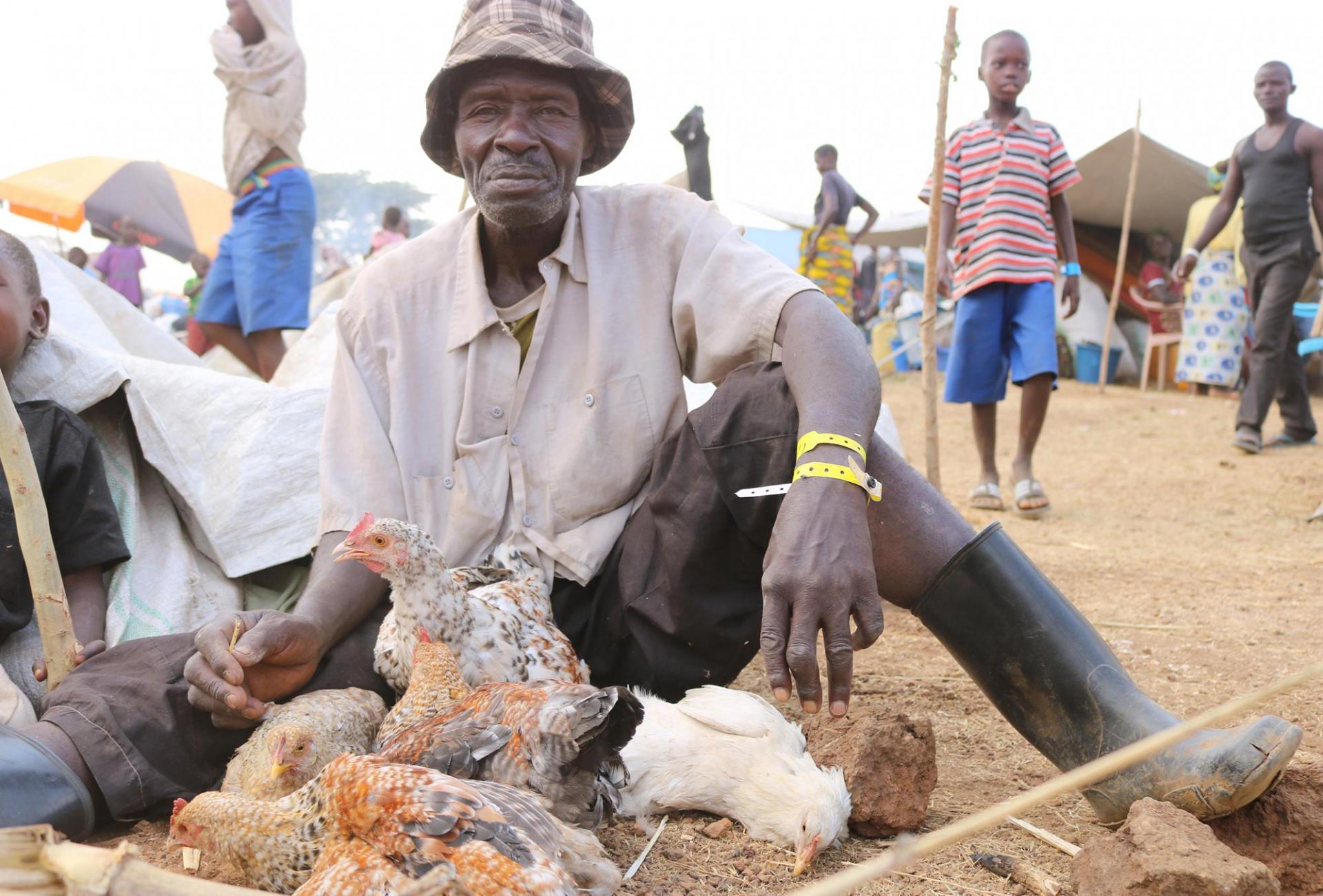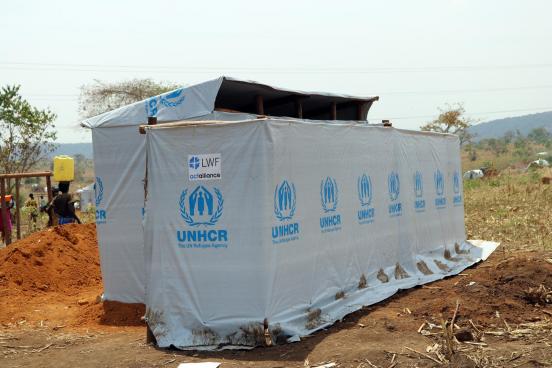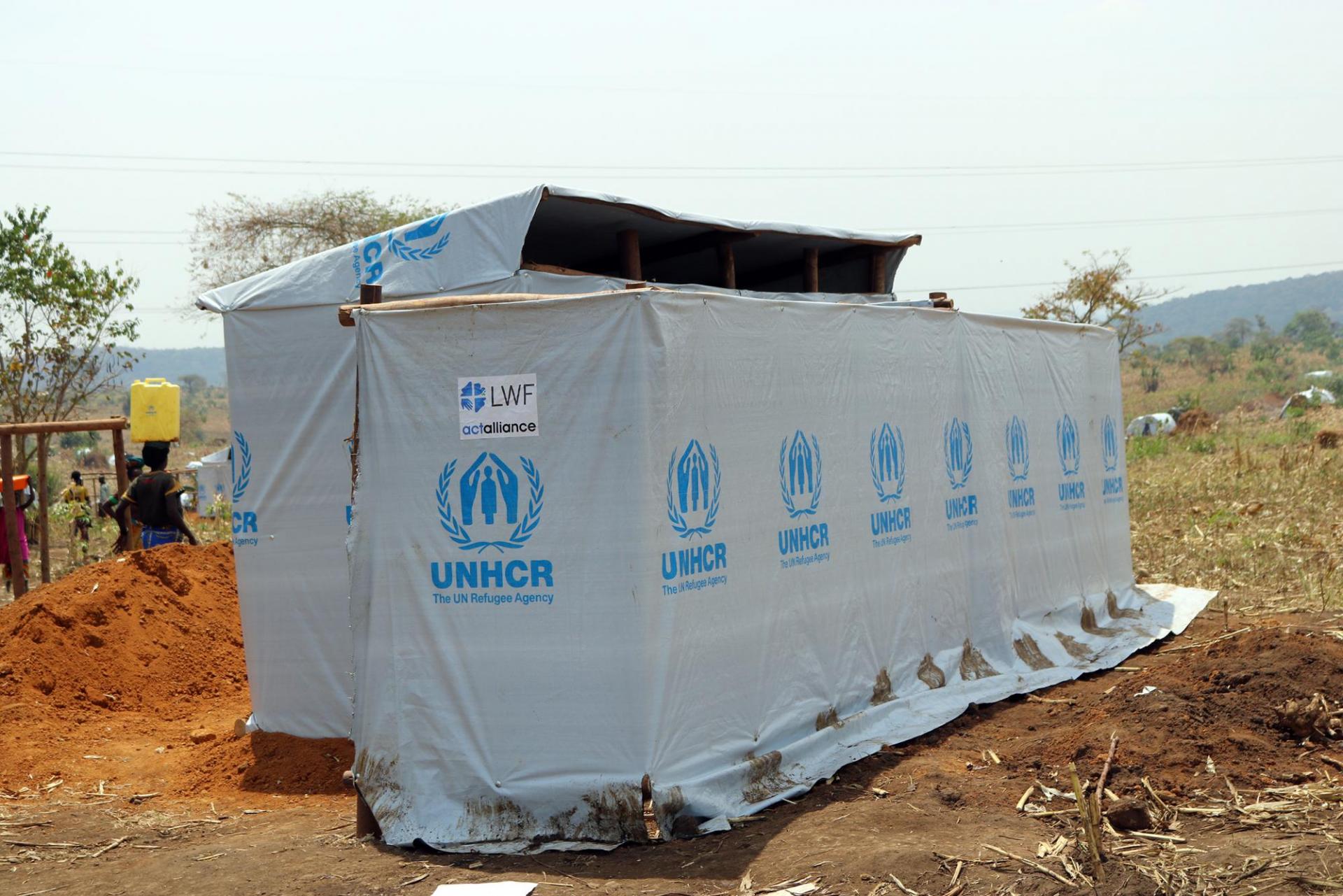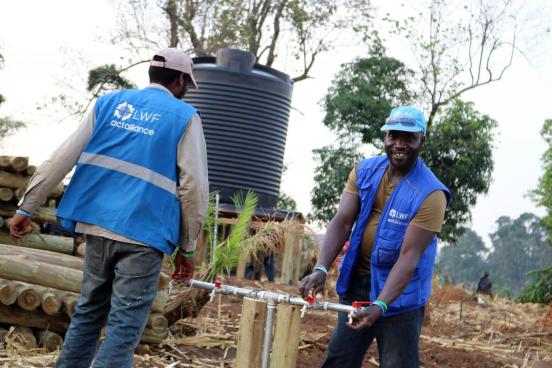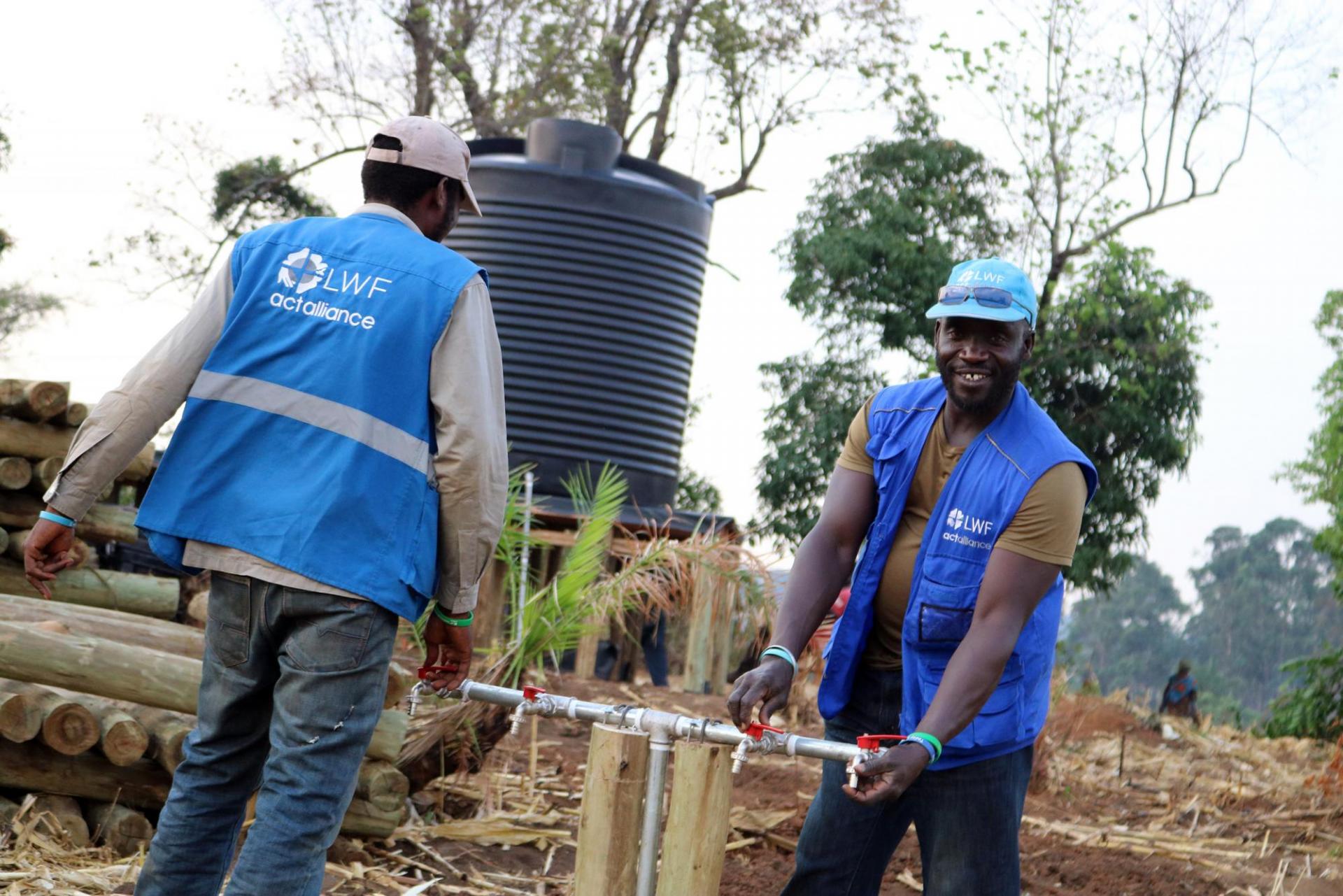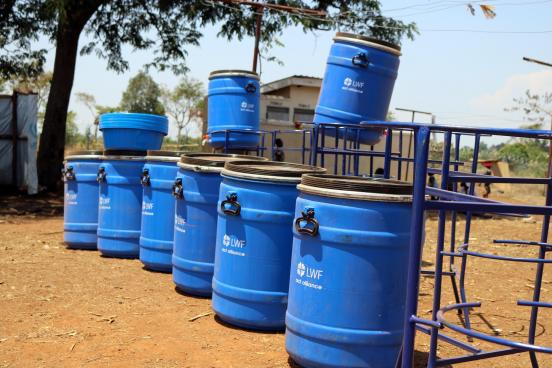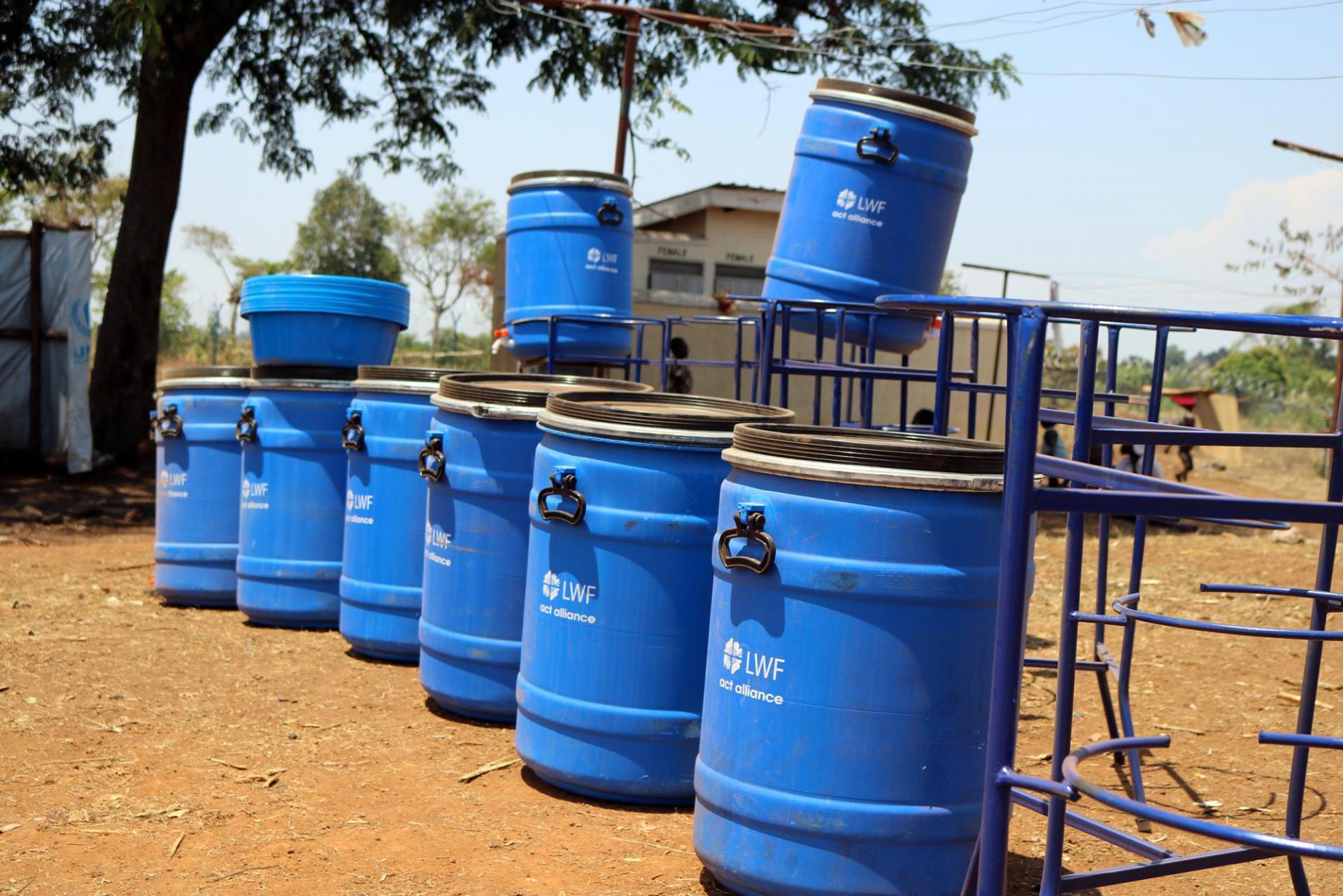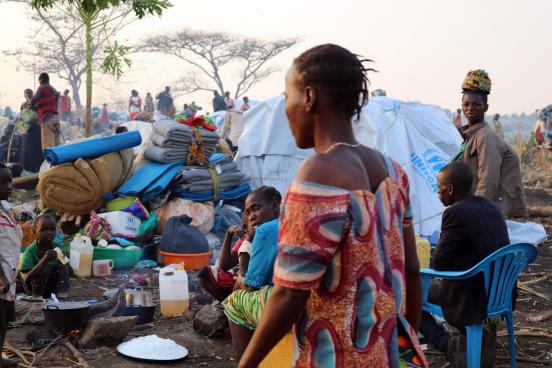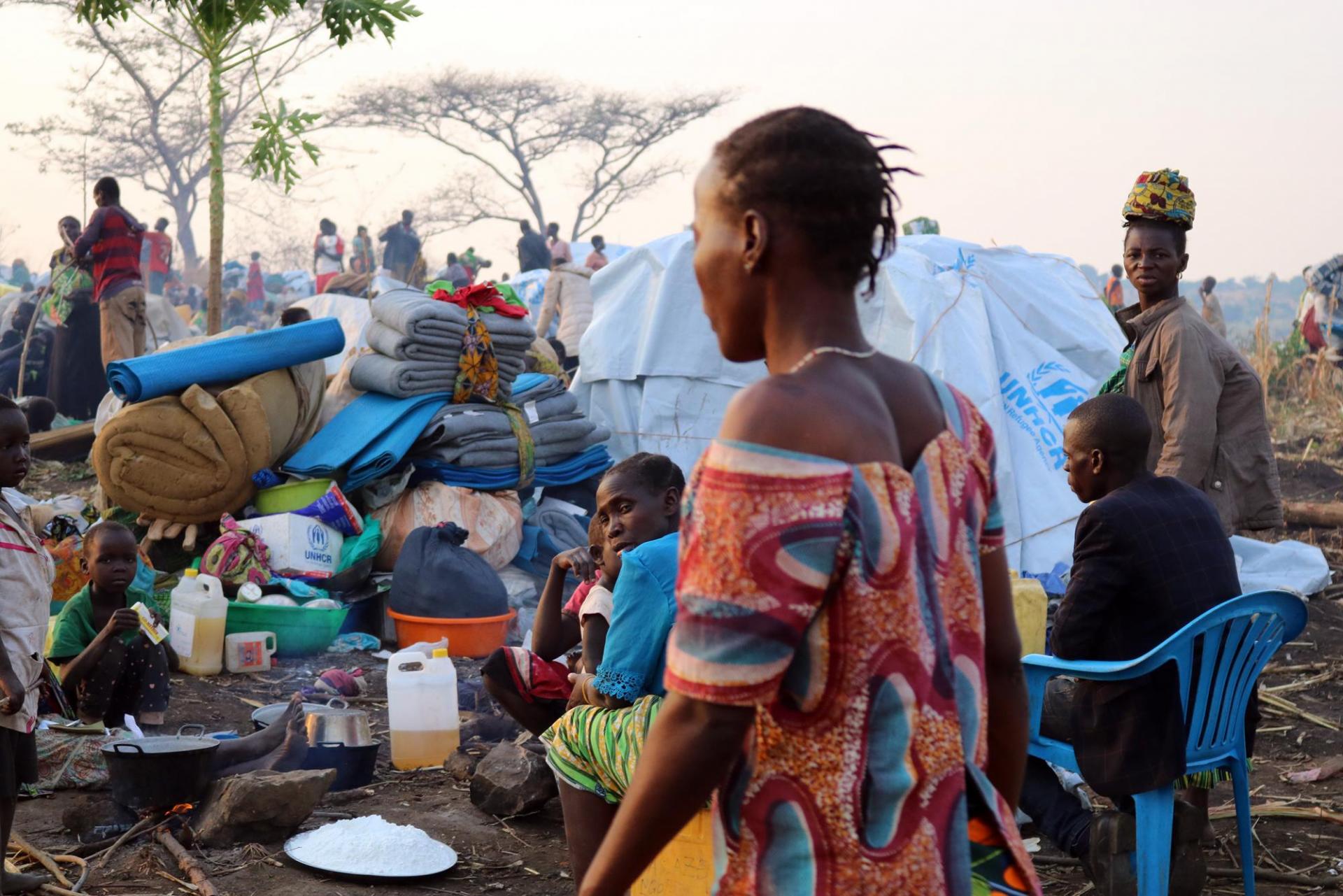DRC new refugees have found safety in Uganda
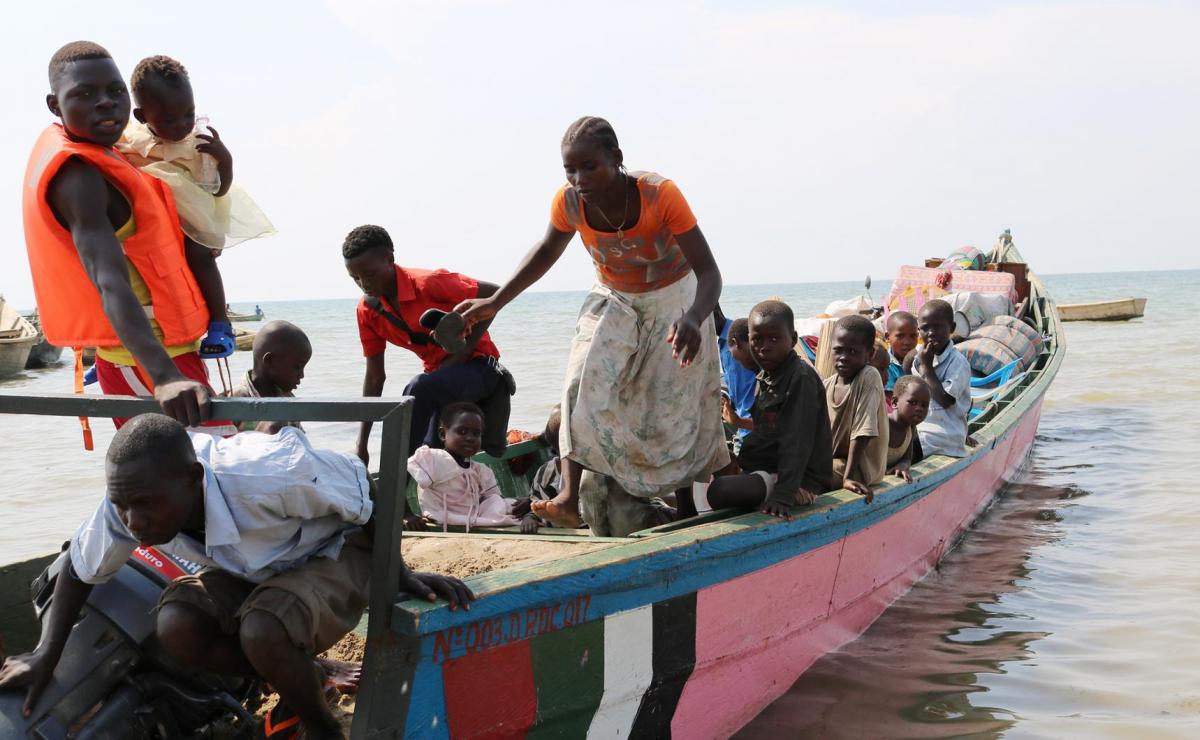
41,452 Congolese new refugees have arrived in Uganda since January, 2018, more continue to arrive in thousands and others are waiting to cross from the other side. The influx follows fresh tribal conflicts and violence between the Lendu and Hema communities in Ituri Province.
Refugees arrive aboard small fishing boats on various landing sites of Lake Albert in Hoima district including; Sebagoro, Nsonga and Bugoma. Over 30 boats arrive every day hence a daily average arrival rate of over 3,000 refugees.
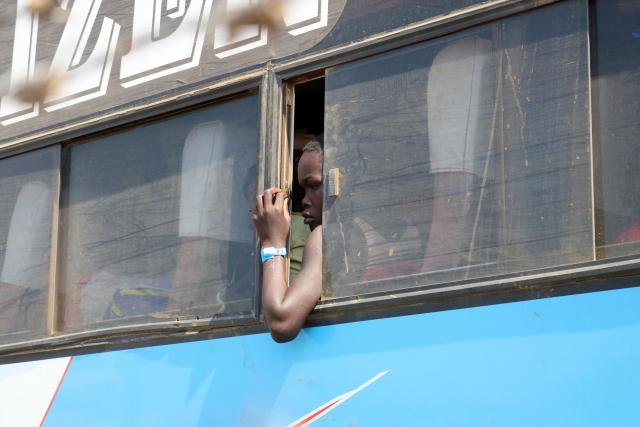
From landing sites, new refugees are transferred to Reception centres, then to Kyangwali and Kyaka II settlements where the Office of the Prime Minister offers them land to construct houses and start life anew.
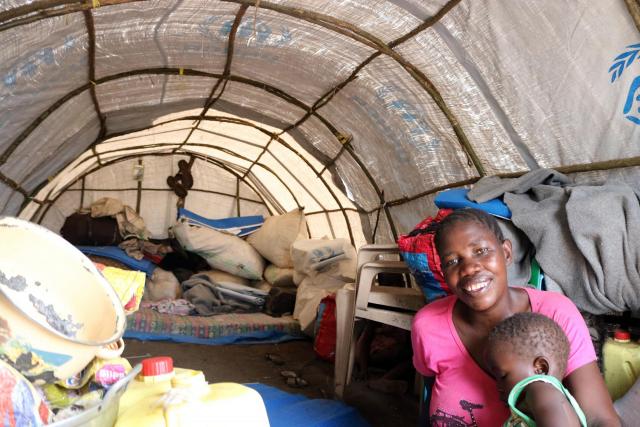
By Friday 16/02/2017, over 20,000 had been settled in Kyangwali settlement. Each received a 30x30 metre plot of land. Led by UNHCR, humanitarian organizations like the Lutheran World Federation (LWF), Uganda Redcross, CARE among others have joined OPM on the emergency response front line to provide life’s basics to persons of concern.
Clean water, sanitary facilities, hot meals, shelter, medical care, psycho social support and non-food items among others are some of the services extended to new Congolese refugees by humanitarian organizations.
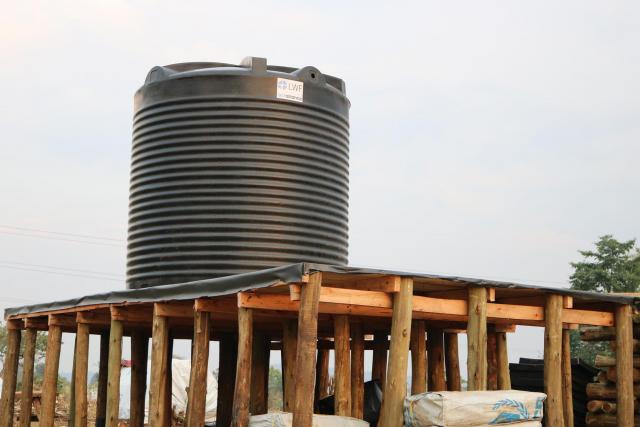
LWF which is operating at Sebagro landing site, Kagoma Reception Centre and in Maratatu zone of Kyangwali settlement has and continues to construct communal shelters, latrines and hand washing facilities. LWF is also extending non-food items and Protection services like psycho social counselling to new arrivals.
"To extend clean water and improve sanitation and hygiene among the persons of concern, we have installed 8 water tanks, constructed 53 communal latrines to which we have attached hand washing facilities." said Marvin Wasswa, LWF's Programme Support Officer. "We have also constructed 6 communal shelters to provide overnight accommodation to new refugees at Kagoma Reception Centre and in Maratatu zone of Kyangwali settlement."
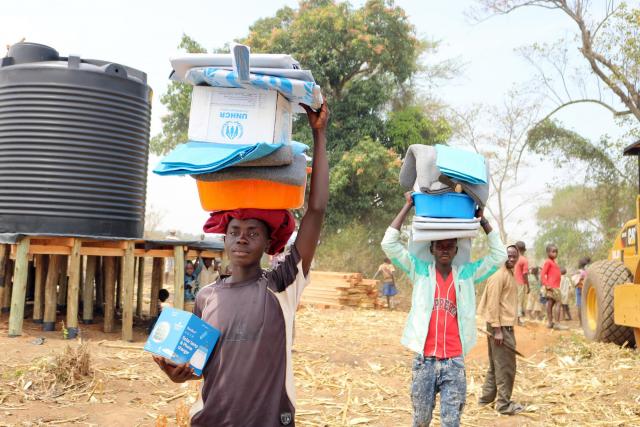
36-year-old Antoinette Zurah a Congolese new arrival in Maratatu zone, Kyangwali settlement who has constructed herself and her children a temporary house from reeds and tarpaulins. “Maratatu feels safe, quiet and peaceful unlike Ituri province where I come from.”
“Cries, fires, panic and gunshots are the order of the day back home.” Added Zurah a mother of 5 who continues to say that she feels fortunate that her family has found a new home in Uganda, has access to food, clean water, sanitary facilities, medical care and shelter.
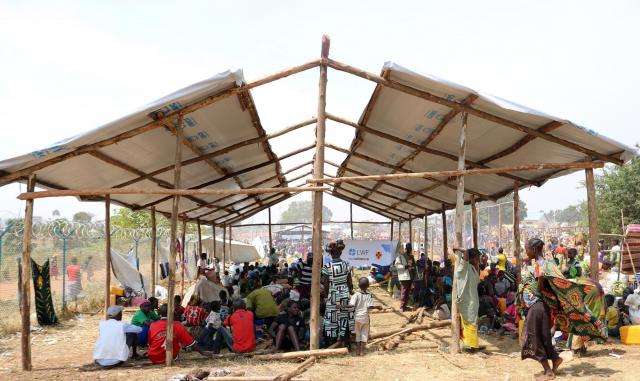
Petero Lone is pleased to have access to unlimited clean water. “We get enough water to drink, cook, bathe and clean because a water tank is just a few steps away from my house.
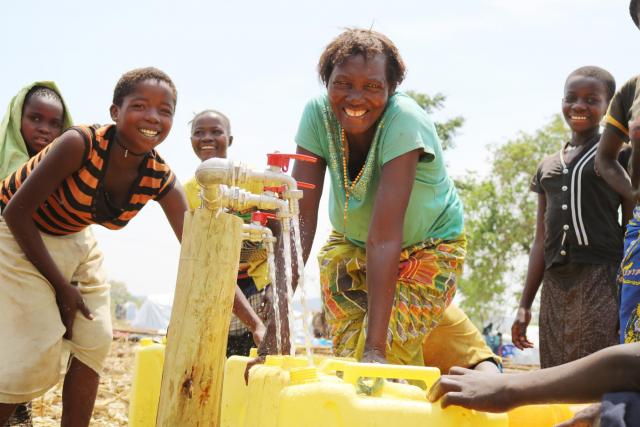
Protection aid to minors and traumatised
Separated children and unaccompanied minors are identified and provided assistance by LWF’s Protection team at Kagoma Reception Centre. “While we offer them psycho social counselling, we also conduct best interest assessments to establish how best we can support each of them.” Said ProssMolly Ayebare, LWF’s Protection Officer.
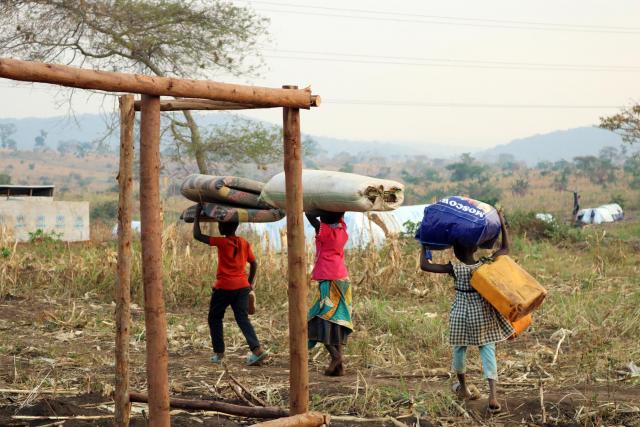
LWF’s Protection Team at Kagoma Reception Centre is also identifying, and supporting sexual and gender based violence (SGBV) survivors. “13 SGBV cases of rape and forced marriage have been identified, we are offering survivors psycho social support and have also referred them to a health centre for medical assistance.” Said Ayebare. The Protetion Team is also sensitizing new Congolese refugees about SGBV prevention and response as well as child protection.
LWF’s humanitarian interventions at Sebagoro landing site and Kyangwali settlement are supported by the Swedish International Development Cooperation Agency (SIDA) through Church of Sweden and UNHCR.

